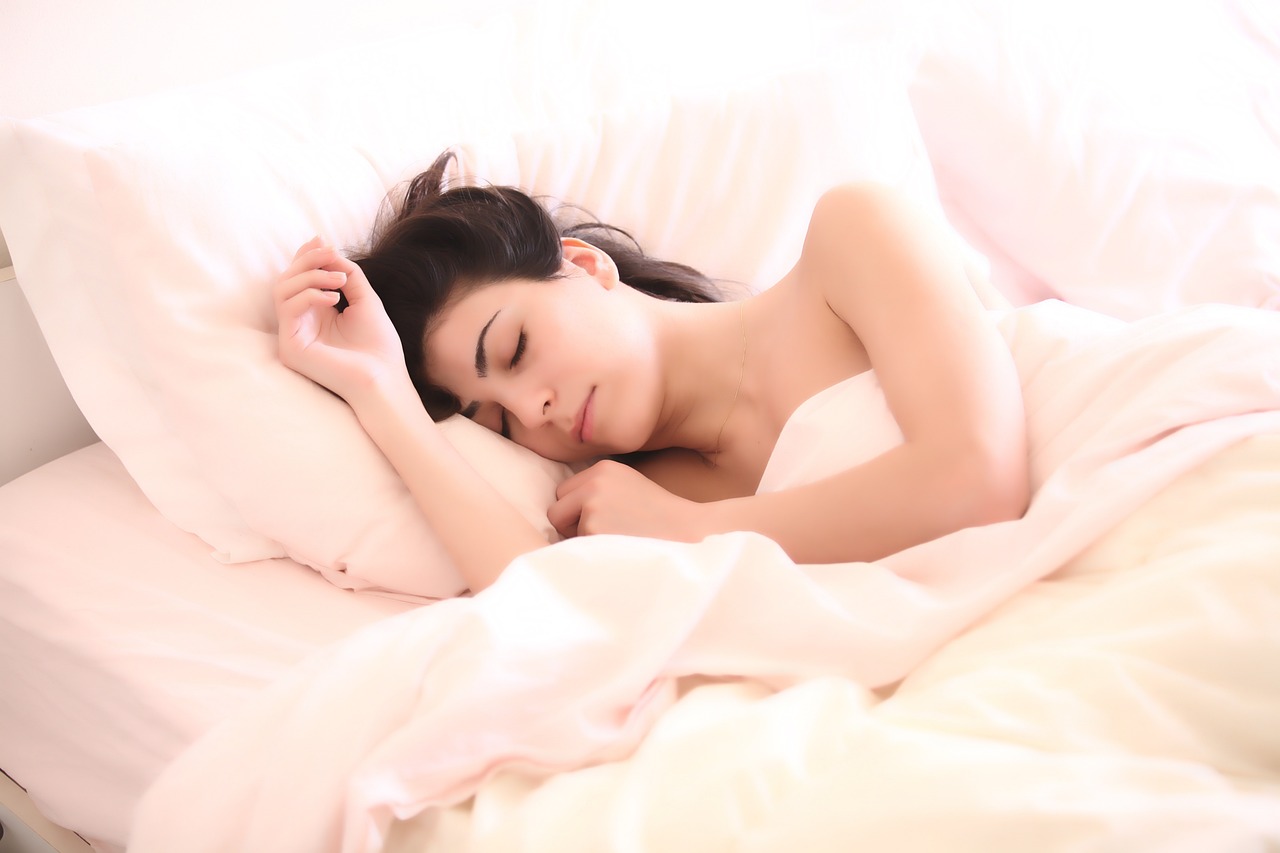We’re either not getting enough of it, can’t stop doing it, or need less than our partner. Always a reliable topic for a chat, sleep issues are big now during #COVID-19 lockdown living.
” Why can’t I get to sleep?…” I’m waking up at mad hours even though I’m working from home now.”
“I slept for 12 hours straight, a first for me since teen years.”…” Have I got insomnia?”
Let’s find why this is happening and what we can do about it.
what’s going on with our sleep?
We’re living a pandemic, in fear of mortal danger, unemployment and risk to our social stability. Anyone with anxiety already is noticing that fear fuels increased sleep issues now.
And folk who usually conk out after a busy work day with a long commute, note changes in sleep. We’ve got less normality, reduced activity and more confinement in a surreal atmosphere of fear and doom. Frequent checking in on social media, a constant soundtrack of bad news updates in case we miss something vital. Late night Netflix and take-out habits, however nice, entrench sleep difficulties. Many of my clients reveal sleep disturbances that don’t actually constitute insomnia. Ones with an emotional basis. Emotions are a response to life events, transitions, and challenges. They play a major role in building stress which is the enemy of peaceful sleep.
We’re hard-wired to be on the alert when danger lurks. Adrenaline high with a side of cortisol to get us out of danger and keep us alive. The same goes for a perceived threat to our safety, just like anxiety about COVID-19. Our sleep mechanism is designed to be flexible enough to respond to feelings of threat.
the science
Early on in the night our sleep is geared for physical repair and cellular replenishment. Ready to get us up and running quickly.
Later on when the basic survival sleep is done we get the luxury of a mental reboot. This consists of cataloguing memories from short term desktop storage into long term memory banks. During sleep the raw emotion is drained out of upsetting or frustrating events of the day, so we can wake up feeling refreshed and ready to face the day’s challenges. It’s like getting a clean slate to start a new day afresh. If, on the other hand, stress, worry and anxiety persist, our bodies get basic running repairs, like a racing car dashing in for a pit stop during a race. No time for a total refit. So that’s why our mood, concentration and well being suffer from a lack of good quality sleep, especially if it persists over time.
safe distance
Keeping a safe 2m perimeter social distance precludes the usual handshakes, hugs and contact that we enjoy. A warm handshake or a hug sparks the feelgood neurotransmitter Dopamine, making us feel happy. Family therapist Virginia Satir recommends 12 hugs a day for good health. Immediate family and pets can supply this for now, as we prioritise safety and health during COVID-19.
the bright side
Insta posts show our best lives in relentless positive filters. Hail to Celeste Barber for bucking that trend!
We try to radiate positivity, believing it’s bad, sad, or mad to feel negative emotions. Feeling like crap on the inside, but hey! it’s all good on the outside. Kids told that “Big girls/boys don’t cry”- learning to stuff down big emotions deep inside themselves. Continuing it through school and work, relationships and social dealings.
Bright siding has a downside. Blocking emotions, often to please others and not make waves, causes a disconnect from real feelings, and increases the sleep-busting levels of stress. We are vulnerable. Brene Brown speaks of vulnerability, our need to feel those negative emotions of sadness, jealousy, fear. Otherwise we risk becoming numbed to all other joyous feelings. With our internal and external worlds in balance we become more resilient, reducing the impact of life’s’ struggles.
what to do?
Humans do well with routine, that feeling of being in control of things. We adapt quickly when we have a plan to follow.
Now’s the time for eating well, exercise, fresh air, fun and laughter. Time to make use of online dance and yoga classes, connect with friends and family for a Zoom coffee, catch up on movies, and sort out the airing cupboard. Time alone, doing nothing, stepping into good sleep habits to support health, immunity and wellbeing. Habits in your daily routine form the basis for reliably accessing the good night’s sleep you deserve, every night. Early bedtime, quiet cool dark bedroom, and same rising time train your brain to receive sleep each night. Clean cotton sheets, and no-screen discipline underpin good sleep hygiene.
Less traffic on the roads and in the skies reduces noise pollution. We may be poised to enjoy deeper, undisturbed sleep as a result.
If sleep doesn’t come easy to you, you may consider a next step.
pro savvy
People who haven’t viewed therapy as savvy seem to forget having physio if their back is out, and a personal trainer for body strength and fitness. Therapy is a recipe to mind your mental health and get sleep back on track. Conversational therapy, like that offered by hypnotherapy and EMDR, is a brief skills training too. One session may suffice, with the usual being 3-6 sessions.
We work with the emotional roots of upset and tension to clear issues of anxiety, overwhelm, social isolation, relationship and family. Clients learn to recognise their own patterns of response to difficulties and then it’s possible for small changes and simple strategies to yield satisfying result
Getting a good nights’ sleep, often for the first time in years is the first thing clients report. Better emotional balance leads to better sleep. The knock-on effects are awesome, reliable and measurable. Clarity, concentration, creativity, motivation, energy levels, libido, immunity, fertility.
Follow me on social media …. for more insights and tips.







